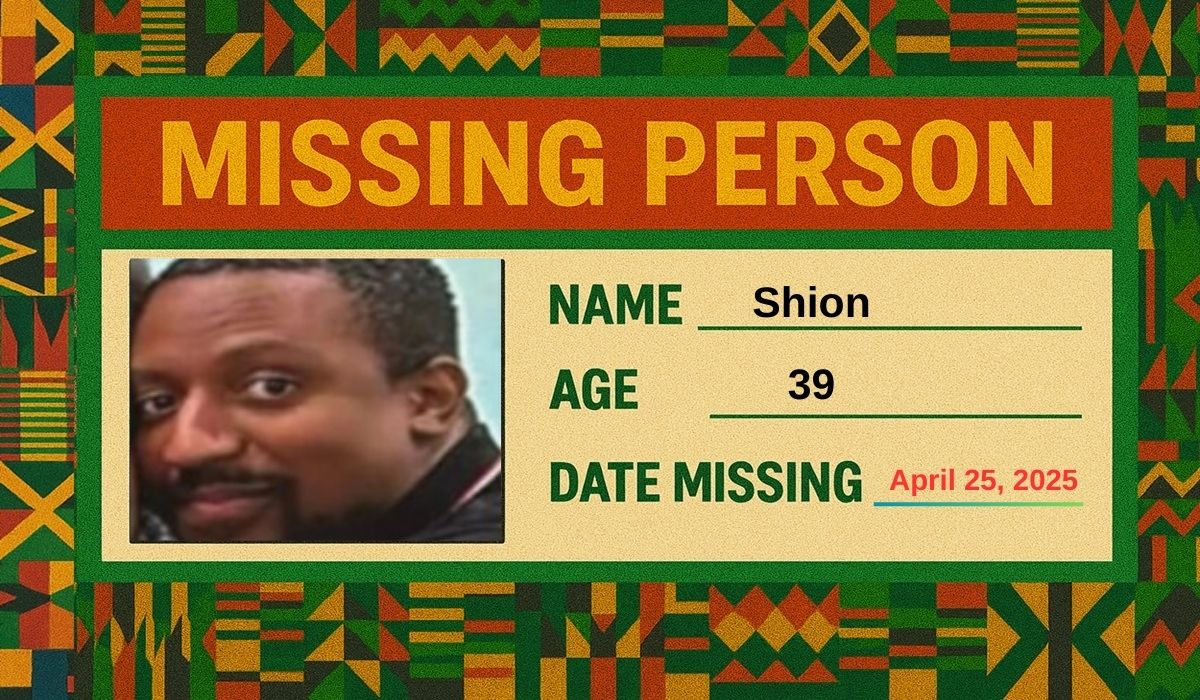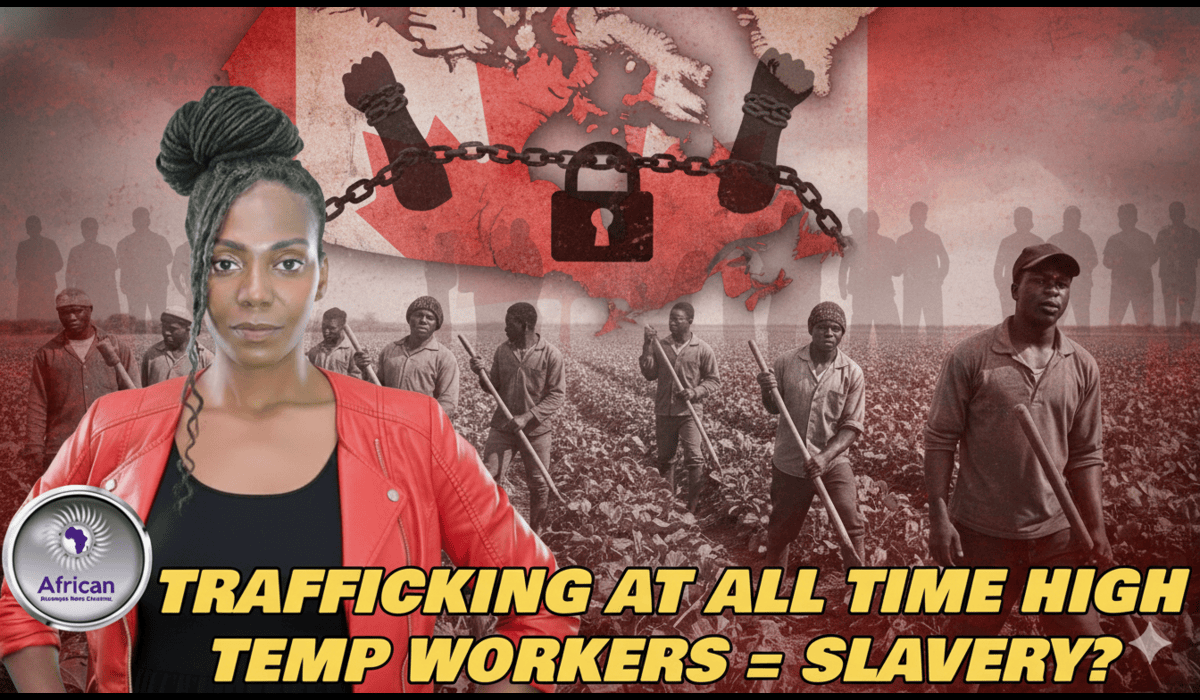Why Canada Needs a National Database for Missing and Murdered Black Canadians
- TDS News
- Canada
- May 17, 2025

In Canada, we say it often—but never loud enough: there is no dedicated national database for missing and murdered Black individuals. Let that settle. No system tailored to the patterns, realities, and painful truths surrounding Black lives lost or vanished. Yes, there are registries. Yes, law enforcement enters names into a system when someone is reported missing. But beyond that? Silence. A blinking cursor waiting for a story that never gets written. There is no investigative team staying up at night connecting dots. No squad of journalists knocking on doors, demanding answers. And certainly no sense of urgency matching the depth of the crisis.
What we do have is a void—an absence so profound that it’s become routine. And somehow, in the midst of this, some have the gall to ask why we’re building our own database, why we’re committing every waking moment to telling the stories of missing Black Canadians. The answer is simple: because nobody else will.
The idea that we should wait for a national solution, or that what we’re doing is redundant because “there are existing systems,” is not only absurd—it’s insulting. If what was already in place worked, we wouldn’t get daily messages from desperate families. We wouldn’t have people scouring shelters, morgues, social media, trying to match faces to names, timelines to trauma. If it worked, we wouldn’t need to be doing this. But it doesn’t. So we are.
And here’s the twisted irony: when has it ever been too much to allocate resources toward a national crisis? Where is the line where compassion ends and complacency begins? We know the answer. We know what’s been historically under-prioritized. The same systems that ignore the magnitude of this issue are the ones asking us to wait for permission, to stay quiet, to play nice.
Even more disturbing is the number of Black families who don’t report their missing loved ones—not out of carelessness, but out of fear. Fear of being judged. Fear of police. Fear of having their pain dismissed or, worse, used against them. Shame and distrust are barriers built by experience. The result? The real numbers of missing Black Canadians are far higher than any government document will show.
That’s where we come in.
Our national database of Missing and Murdered Black Canadians is not just a collection of names—it is a lifeline. It’s a platform built on trust, on action, and most importantly, on anonymity. We don’t interrogate those who come forward. We don’t demand credentials or justification. We listen. We post. We track. We investigate. Because the goal is not to control the narrative—it’s to bring people home.
We are thinking differently because we have to. We are doing differently because the alternative is nothing. And make no mistake, those who say this effort is unnecessary, who mock the idea of a race-specific database, are not offering solutions. They’re offering noise. They live in bubbles of denial, where being equal means pretending the playing field was ever level.
The truth is, if every ethnic group received the same intensity of effort, coverage, compassion, and investigation, we wouldn’t be here. But we are. And we will not be shamed into silence or told our efforts are a distraction. What we are building is a necessary response to a national failure—and we are doing it with or without the support of those in power.
So to those who feel this work is redundant, we ask: where were you when these families called for help? Where were you when no police report was taken seriously, when no Amber Alert was issued, when no press conference was held?
We know where we were. We were talking families, law enforcement, writing stories, featuring profiles on our platform and sharing on social media. We are building a database when nobody else would.
Now, we need your help to keep going.
Support our mission. Support our journalism. Support our database.
Donate to our GoFundMe. Help us bring them home.
If you have any information that may assist, please contact the authorities at 416-808-2222.








